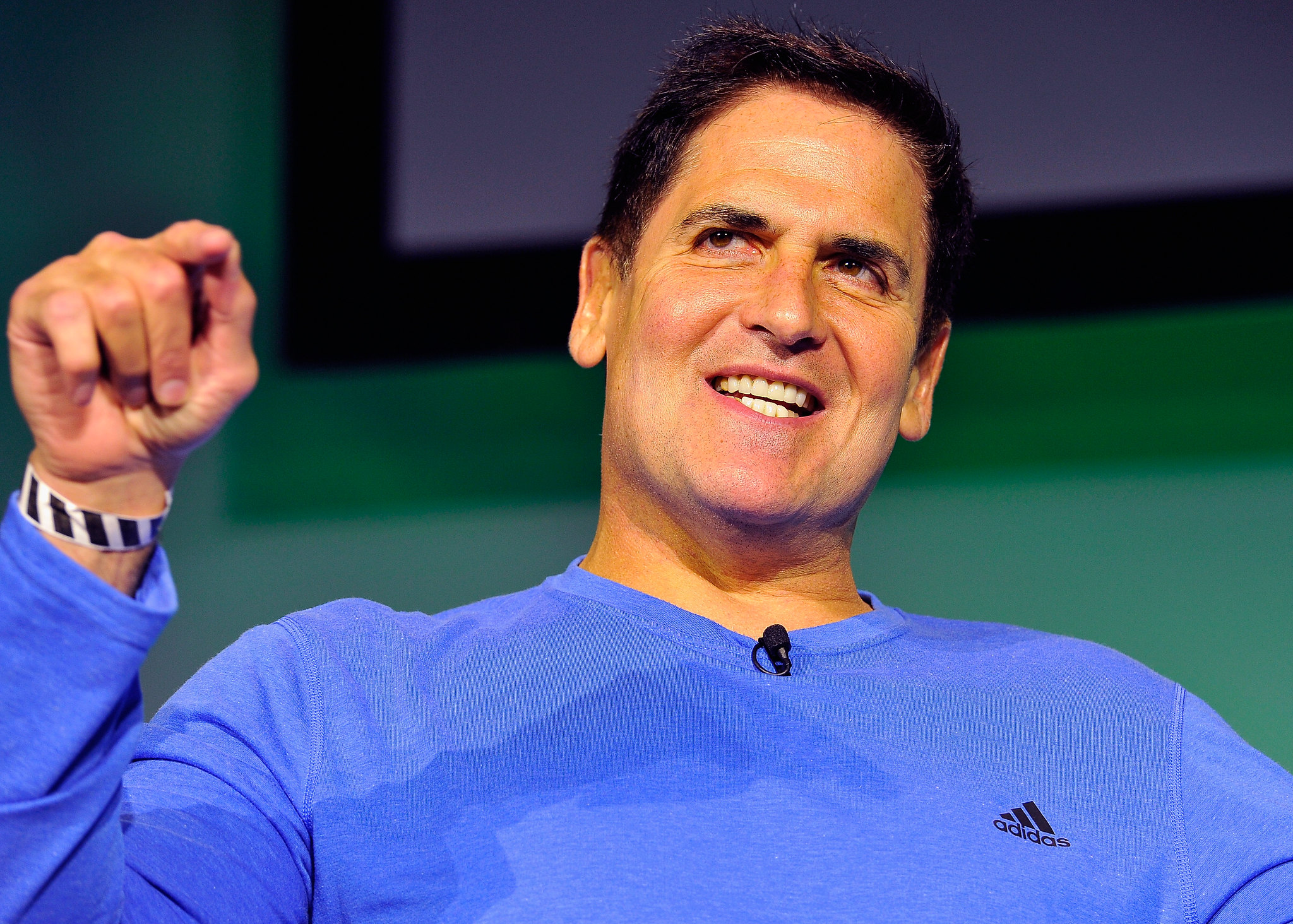In December 2024, Mark Cuban took to social media to express his concerns about the broken U.S. healthcare system, calling its pricing “horrific” and its structure fundamentally flawed. Cuban’s criticisms focused on how the system forces doctors and hospitals into the role of “subprime lenders,” forcing them to raise prices to cover unpaid bills from patients. These unpaid costs—often due to high deductibles, co-pays, and co-insurance—are passed on to those who can afford to pay, contributing to inflated healthcare prices across the board.
Cuban argues that this practice, where medical providers absorb the credit risk of unpaid healthcare costs, exacerbates the problem of rising healthcare expenses. He points out that this structure leads to a vicious cycle, where patients who cannot pay increase costs for everyone else. “Healthcare pricing is horrific,” Cuban stated, blaming the system for forcing providers to make up for the unpaid portions by charging higher fees to others.
Cuban also proposes a solution: offering free medical school to students. By increasing the number of medical professionals, Cuban believes wait times could be shortened and the burden on the existing healthcare system could be alleviated.
The U.S. healthcare system is notorious for being both the most expensive and most indebted in the world. For example, treating a broken leg can cost up to $7,500, while cancer treatments may run into the hundreds of thousands. Cuban highlights that these expenses often lead to medical debt, a key contributor to bankruptcy in America.
To protect against these escalating healthcare costs, Cuban recommends that individuals have insurance coverage, noting that it’s vital to mitigate the risk of catastrophic bills. With the U.S. Census reporting that around 25 million Americans were uninsured in 2023, the importance of having an emergency fund is also paramount for those without health insurance. Even with insurance, high deductibles and co-pays can lead to significant out-of-pocket expenses, underscoring the need for personal financial preparation.
Cuban’s criticisms serve as a call to action, advocating for reforms to the healthcare system and greater accessibility to coverage to alleviate the financial burden on both healthcare providers and patients. As the debate over healthcare pricing continues, these ideas underscore a growing demand for systemic change.
Picture by Steve Jennings on Flickr/ Getty Images for TechCrunch CC BY 2.0



